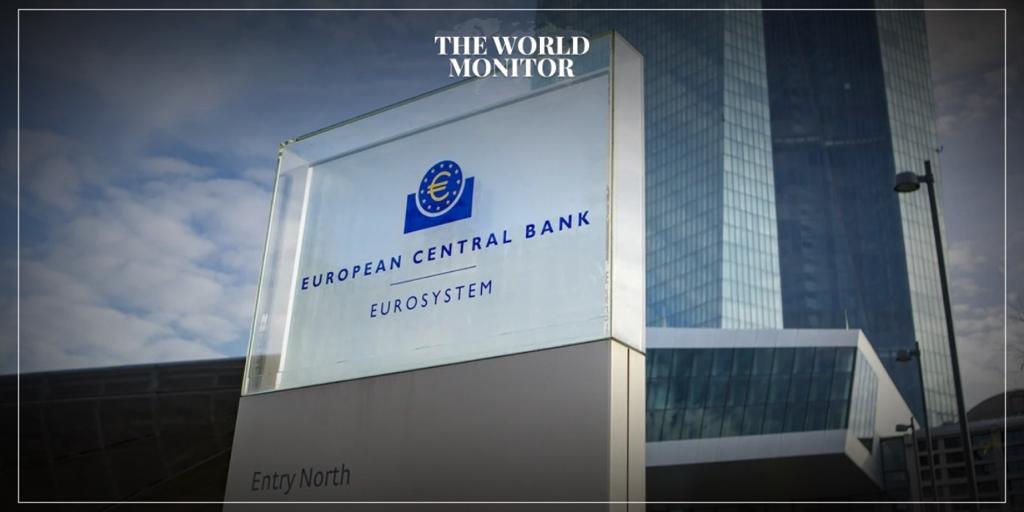The European Central Bank (ECB) has taken the unprecedented step of increasing its key interest rate to a record high in its ongoing battle against persistent and worrisome inflation that has been affecting consumers. However, there are growing concerns that the higher borrowing costs could potentially push the economy into a recession.
This move represents a quarter-percentage point increase in the interest rate, aligning with the broader trend of central banks worldwide, including the U.S. Federal Reserve, as they grapple with the challenge of determining the right amount of anti-inflation measures. They are striving to strike a delicate balance to prevent the economy from sliding into a downturn and safeguarding employment levels.
ECB President Christine Lagarde addressed the decision at a news conference, emphasizing the importance of reducing inflation. She stated, “Inflation has declined, and we want it to continue to decline and to reinforce that process. And we are doing that not because we want to force a recession, but because we want price stability to be there for people who are taking the brunt of inflation.”
However, the ECB indicated that this rate hike, marking its 10th consecutive increase, could potentially be the last in its current cycle. The bank is shifting its focus from raising rates to maintaining them at sufficiently elevated levels for an extended period to effectively combat inflation. This change in emphasis acknowledges the potential economic risks associated with further aggressive rate hikes.
The ECB’s decision reflects the complex challenge of managing inflation while safeguarding economic growth, a balance that central banks across the globe are closely monitoring as they navigate uncertain economic terrain.






